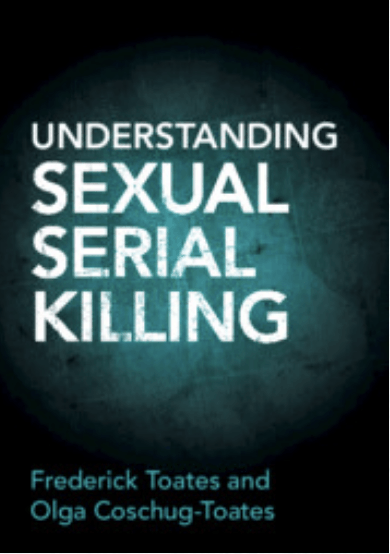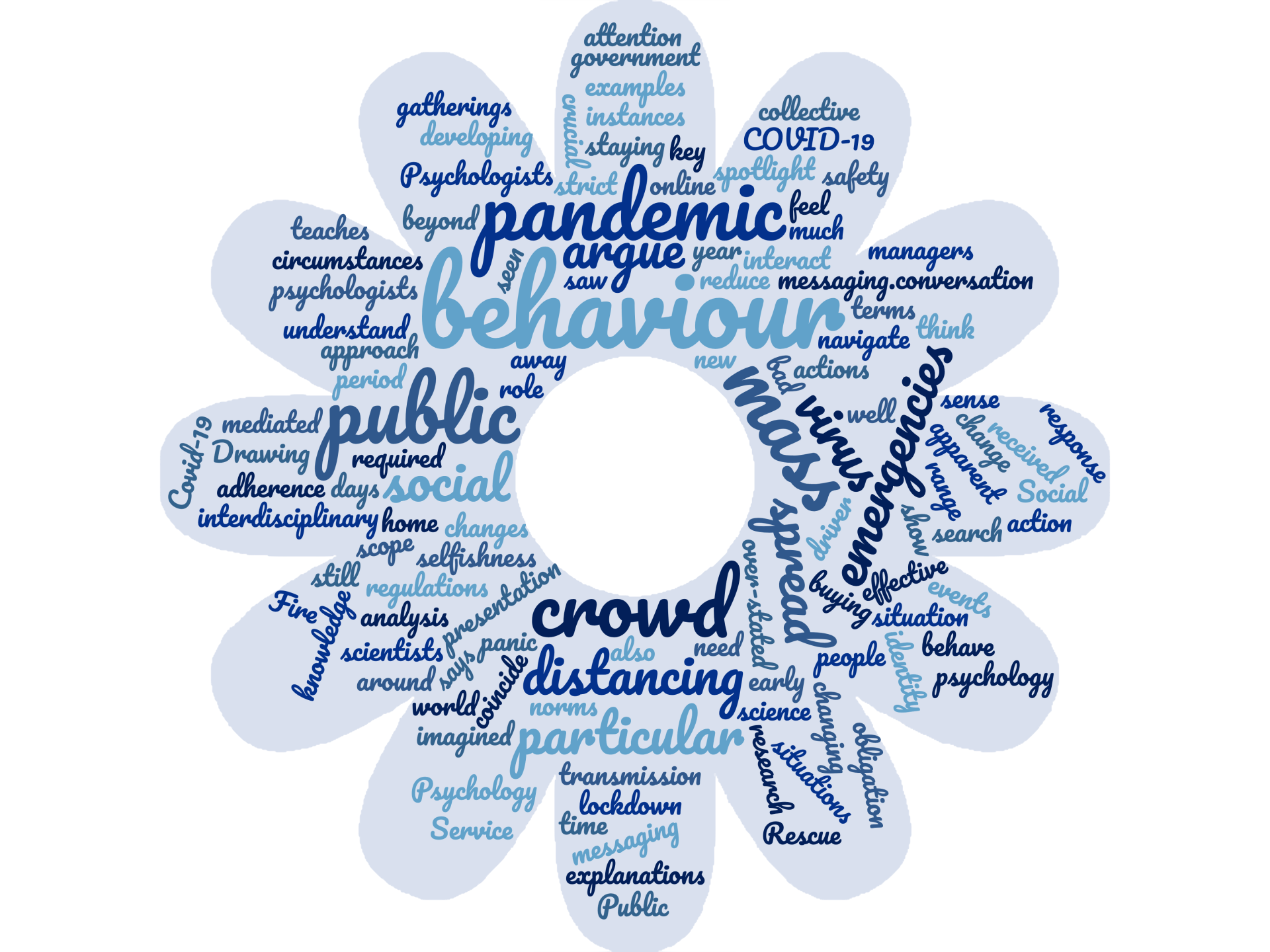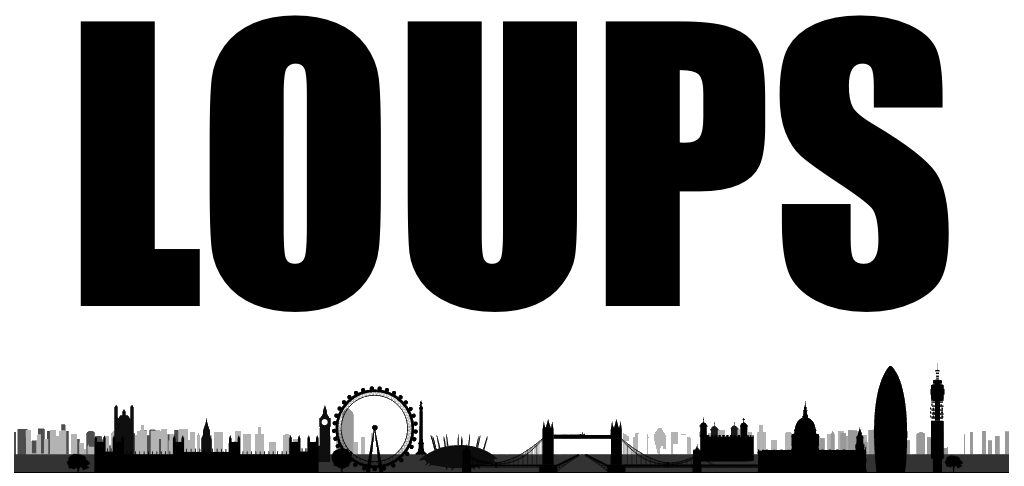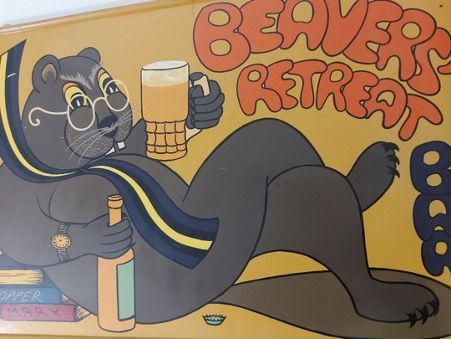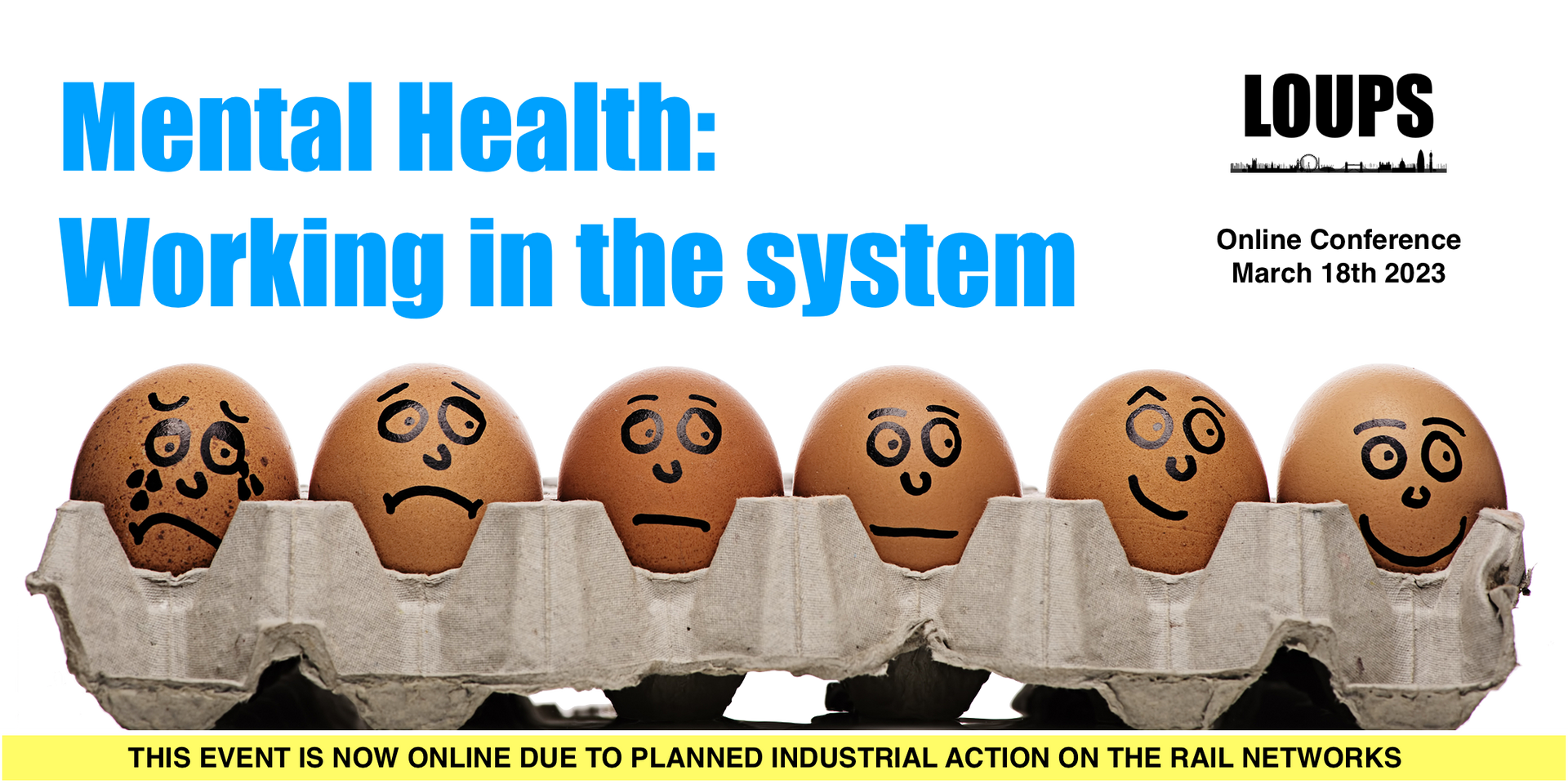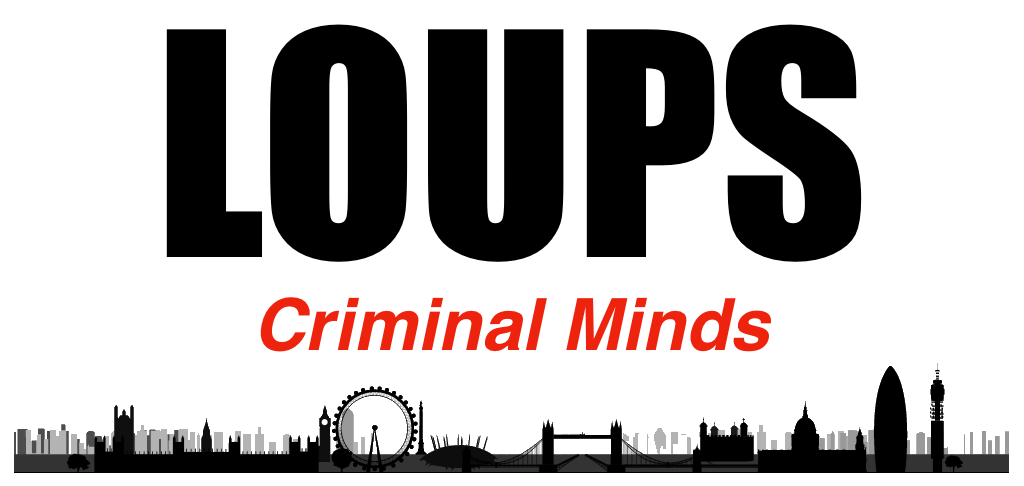LOUPS Autumn Pub Social 2019: Maslow, the 'happiness industry' and post-psychology
On the 22nd October in the George IV Pub [Aldwych], Dr Babak Fozooni gave a lively and thought-provoking talk encompassing everything from; hidden politics, class, and one man's quest for a Jacuzzi!
The presentation included the life and work of Abraham Maslow, which gave insight into the man as well as the psychologist, such as, the contradictions represented by his courage yet insecurity. The issue of class was important and this was considered in relation to Maslow as well as psychology as a science. Dr Fozooni explained the notion of hidden politics in psychology, as demonstrated by the dominance of upper and middle class influences in research. Hidden politics is an interesting point, particularly in these troubled times of sharp divisions. Many of us are aware of WEIRD research participants in psychology, namely those from; Western, Educated and from Industrialised, Rich and Democratic countries*; however, by highlighting hidden politics, Dr Fozooni widened our critical lens to the underlying issues behind the proliferation of these participant pools. Despite these being some heavy and/or controversial themes, the talk was thrilling and ideas were shared across the room.
Many of us have encountered the 'hierarchy of needs' pyramid model throughout both study and working life. In fact, Maslow did not present his work in a pyramid model, which demonstrates how enduring incorrect information can be. Nonetheless, the elements of the pyramid, such as self-actualisation, represent Maslow's work, although, as Dr Fozooni noted, they reflect bourgeois values which further indicate the significance of class, in addition to secular values. Religious elements are represented by self-transcendence. Politics and religion; how fortuitous we were not at dinner! The hierarchy moves from basic physical needs, such as safety, to the higher-level self-actualisation and self-transcendence values however, not all people would have the means to reach the highest levels. 'Peak experiences', or, high points in life where one feels alive and self-sufficient while also feeling a belonging to the world, are experienced more by those who have self-actualised. Peak experiences link to religion as well as class and Maslow changed from an atheist to an embracer of mystical ideologies over the course of his lifetime, indeed, he spoke of his desire for 'a system of thought - you might even call it a religion - that can bind humans together'. A complex man, we await the forthcoming book eagerly.
The 'happiness industry'. Whether it makes you feel warm and fuzzy or hot and nauseated, it is certainly something increasing in dominance in contemporary society. Maslow's ideas have been diluted in a way such as they can be applied to a number of ideologies using vague slogans - popular on social media sites - all of which ignore the social and structural forces which act upon individuals, such as poverty or racism. Dr Fozooni countered the happiness industry by stating that he knows what would make him happy, for example, a Jacuzzi, thus he does not need an industry stating what is happiness. Furthermore, the rise of positive psychology, or, psychology which moves beyond focusing on 'illness', has led to a factory system of happiness. For example, when dealing with breast cancer, Ehrenreich was met with assurances that positive thinking and affirmations could facilitate her overcoming the illness. Ehrenreich has argued that happiness research using self-report questionnaires is being marketed in ways which do not reflect that which can be legitimately claimed by the science. A dark side to the happiness industry and something for us to note.
One of the many magnificent aspects of the events held by the Open University Psychological Society is the informal atmosphere. Dr Fozooni gave a formidable presentation which included arguably complex themes in an accessible manner to reflect the range of backgrounds present, however, it was not a broadcast-type lecture. Throughout and after the talk, people could ask questions and raise points. There was agreement and respectful disagreement, and personal experiences shared with the room. A question was posed right at the end: what is post-psychology? The answer, in brief, is to go beyond psychology. Go beyond what you know, go beyond the classics, go beyond.
Above all, don't worry: be happy! #Blessed #Happy #LivingMyBestLife
Presentation
Babak has kindly made the slides from his lecture available, and these can be accessed by clicking Abraham Maslow, the 'happiness industry' and post-psychology.pdf
Who was Abraham Maslow? What were his politics? Are his ideas about 'motivation', 'hierarchy of needs' and 'peak experience' still relevant today? Would it be fair to describe him as the originator of the 'happiness industry' that is being promoted by the likes of Professor Seligman today? This OUPS talk is based on a chapter on Maslow and part of an upcoming book about 'social class and psychology'.
In this book I will try to show how the crisis of psychology (and yes, it is in crisis! yet again!) is primarily due to class conflict. Capitalism is disintegrating and the symptoms are becoming more apparent in disciplines such as psychology, that have traditionally been responsible for the smooth functioning of the system. By focusing on pioneering individuals such as Freud, R. D. Laing, Carl Rogers, Otto Gross, Watson, Frankl, Billig (and many others), I will argue that both 'mainstream' and 'critical' forms of psychology have come to the end of the road. At their best both developed ideas worthy of attention, but today no amount of technological sophistry can hide their deterioration . What we need is something better than psychology. For want of a better word, I have called this something better, post-psychology !
(Babak Fozooni, September 2019)
